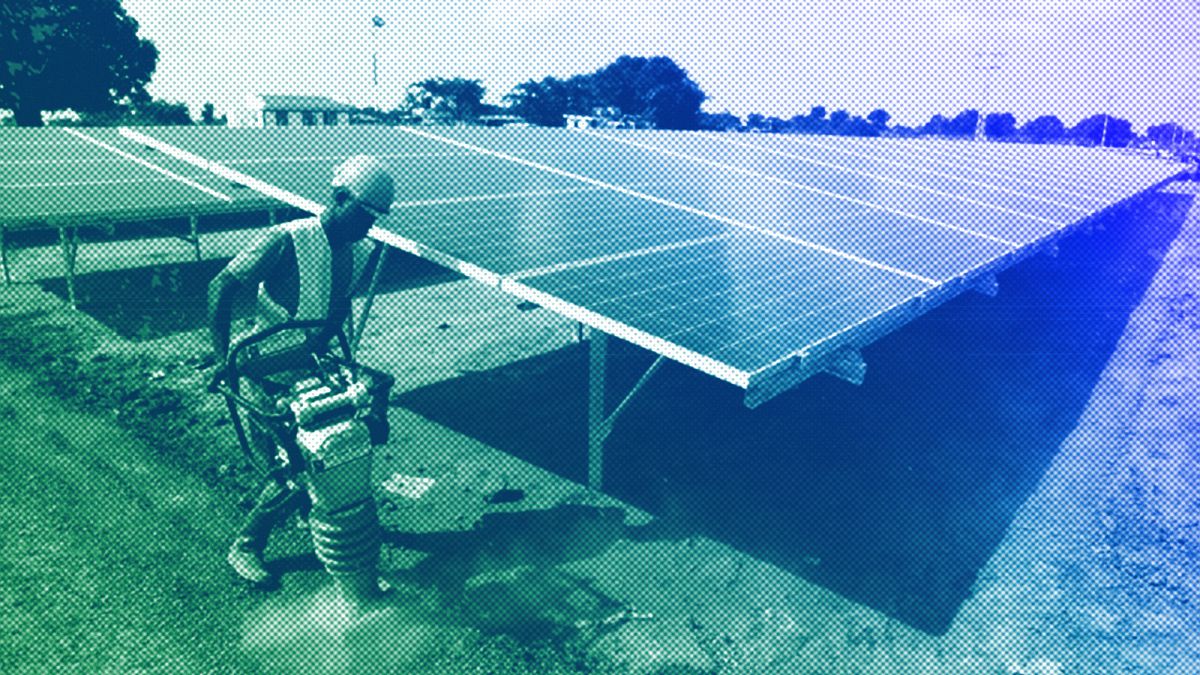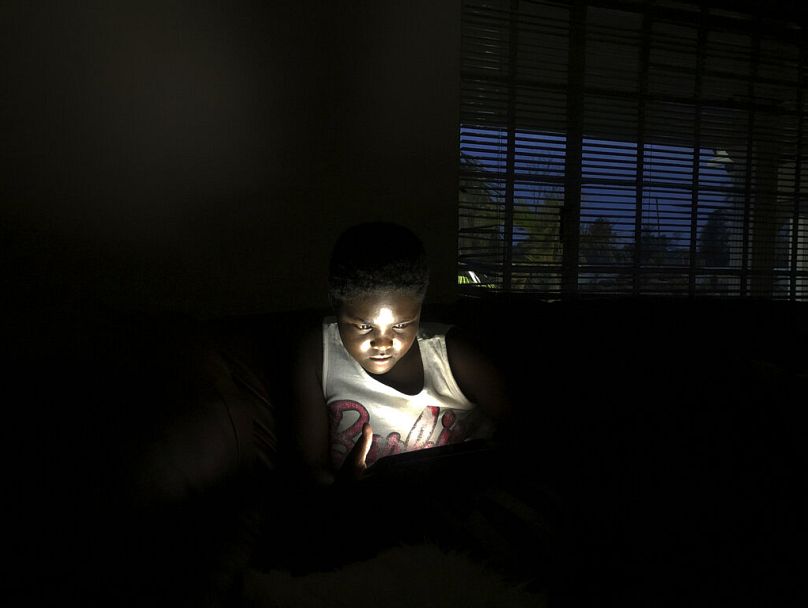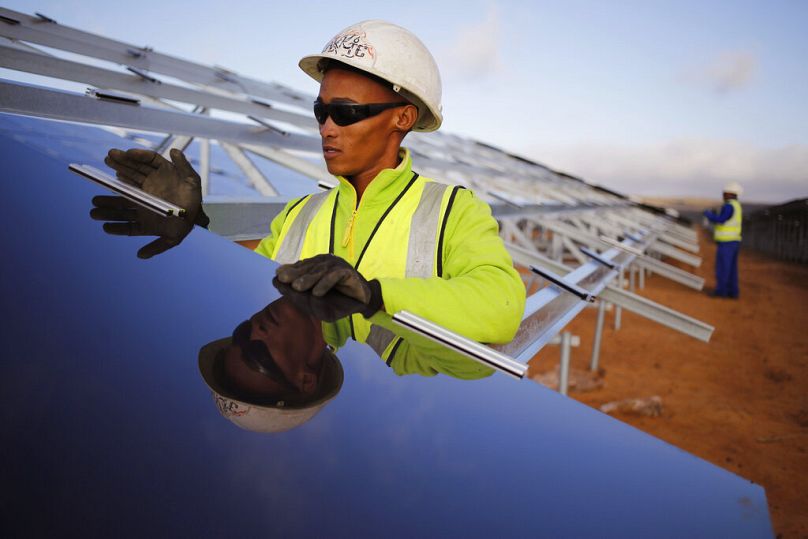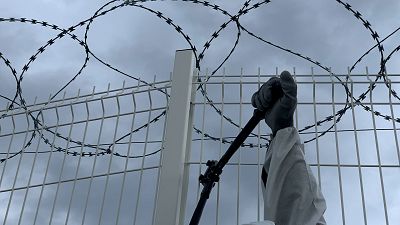A unified voice on the international stage can help Africa achieve a sustainable future, Hassanein Hiridjee writes.
Last month’s COP 28, and the preceding inaugural Africa Climate Summit, which delivered the Nairobi Declaration, signalled Africa’s growing importance and influence on the international stage.
In the new year, more needs to be done to promote an equitable energy transition, underpinned by green technologies and prioritising both rural and urban communities.
These are important issues for Africa and more widely for the Global South.
At COP 28, I was enthused by the commitment shown by heads of state and business leaders to help the Global South and its increasingly central role in discussions.
However, the time has come for a more unified voice from the continent which demands developed nations to not only fulfil their current commitments, and address past deficiencies, but also significantly enhance their financial contributions to Africa’s climate action efforts.
I commend African leaders for their role in securing greater commitments to climate financing and delivering the loss and damage fund. But the weight of Africa’s voice is greater than the sum of its parts.
And the continent’s views and needs have focused on specific, albeit important, overarching issues such as phasing out vs phasing down fossil fuels.
Our needs are vast, but the potential to meet them is incredible
The EU, G77 plus China, and the Alliance of Small Island States were some of the unified negotiating blocs representing the views and priorities of its countries. Beyond nation states, global industries have also come together to protect their interests.
Africans understand the continent’s challenges better than anyone else. We know that a one-size-fits-all approach will leave behind our rural communities and urban poor if the right partnerships and infrastructure are not in place.
Across the Global South, this is a critical commonality: our infrastructure needs are vast and there is incredible potential to meet them by harnessing the domestic and international private sector.
And when challenged, African private-public partnerships have defined ingenuity.
During the COVID-19 vaccine roll-out, Nigeria’s public health agency teamed up with local dry ice producers and UPS to deliver vaccines to rural communities. At home in Madagascar, AXIAN Energy provides rural communities with solar mini-grids, providing rural villages across the country with accessible clean energy.
Legitimate steps taken elsewhere are much needed in Africa
A unified voice from Africa can drive the international community to provide more concrete commitments for the continent. Companies like mine understand that Africa is brimming with untapped potential.
We can showcase the power of homegrown businesses and partners, who have the ambition and entrepreneurship to bring the green revolution to rural and urban communities.
We can help the international community rethink and reconfigure its approach to investing in African projects and businesses.
But we also need the international community to set out a clearer roadmap that addresses the structural issues which prevent renewable projects from coming to fruition.
This can include developing mechanisms that mitigate risks borne by businesses and unlock investment, such as payment protection, support with upfront costs, and more flexible financing terms — all legitimate steps taken in developed countries — but missing from the international agenda when it comes to Africa.
African businesses can and want to do more
The need to promote a more equitable energy transition is vital now more than ever.
Rapid population and economic growth will result in 90 million additional people across Africa requiring access to affordable electricity every year by 2030, triple the rate of today.
African private-public partnerships are best placed to implement the key projects needed to meet this demand while keeping countries on track to meet their global climate objectives.
Africa’s businesses can and want to do more — a commitment shown by my peers in the Africa Business Leaders Coalition, when we recently signed a policy blueprint at COP28 calling for interventions that enable Africa’s private sector.
A more unified voice for Africa can ensure the role of its businesses as a major catalyst for change is at the top of the international agenda.
Hassanein Hiridjee is the CEO of AXIAN Group, and Africa CEO Forum’s 2022 CEO of the Year.
At Euronews, we believe all views matter. Contact us at view@euronews.com to send pitches or submissions and be part of the conversation.





